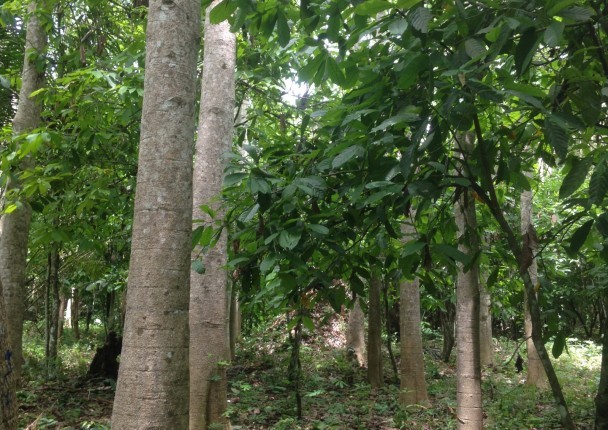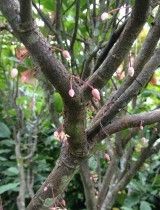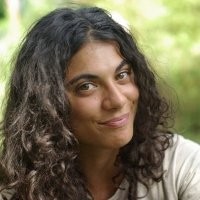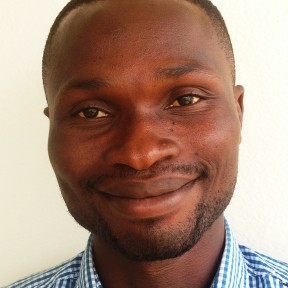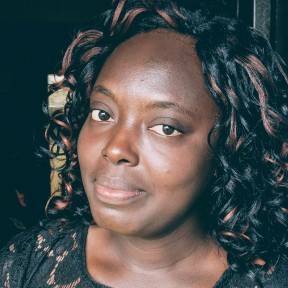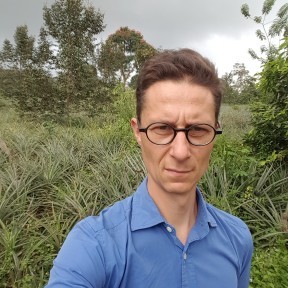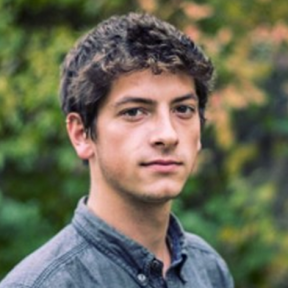REZOBIO - Support project for the transition towards organic and/or agroforestry cocoa production
Partners
Main goals
Co-construct solutions with producers for cocoa cultivation in accordance with the standards of the Organic agriculture
Specific objectives
Increase the economic, agronomic and environmental performances of cocoa farming in Côte d'Ivoire
Why a program to support cocoa producers towards organic farming?
In West Africa, cocoa cultivation has developed massively by exploiting forest resources. To maintain yields, producers resort to chemical fertilizers and phytosanitary products, without however succeeding in generating a decent income. Organic Agriculture is a double opportunity: a remunerative market and a production method less dependent on external resources. However, the transition from current cropping systems to organic farming poses many risks for producers:
- drop in yields, in the event of a sudden stop of mineral fertilizers
- sanitary, linked to changes in practices
- from market, in the event of an unsecured outlet
- social, linked to the originality of the approach
The current modes of cocoa production are extremely diverse depending on the characteristics of the producers. If the way of producing cocoa is often presented as very homogeneous, it actually has multiple facets: technical, social, economic, agronomic. The production issues are also variable in time and space.
In this complex context, we believe that it is necessary to analyze the different situations of cocoa production (physical, human, technical ...) to co-construct strategies adapted to the specific conditions. The human dimension is extremely important, here it will be to experiment together, to combine traditional knowledge and research and to support change processes.
Renewing the links between the plant, its soil, its environment, its operator and the associated services is a complex process. This is the objective of this program which wishes to accompany with finesse the development of organic cocoa cultivation in Africa
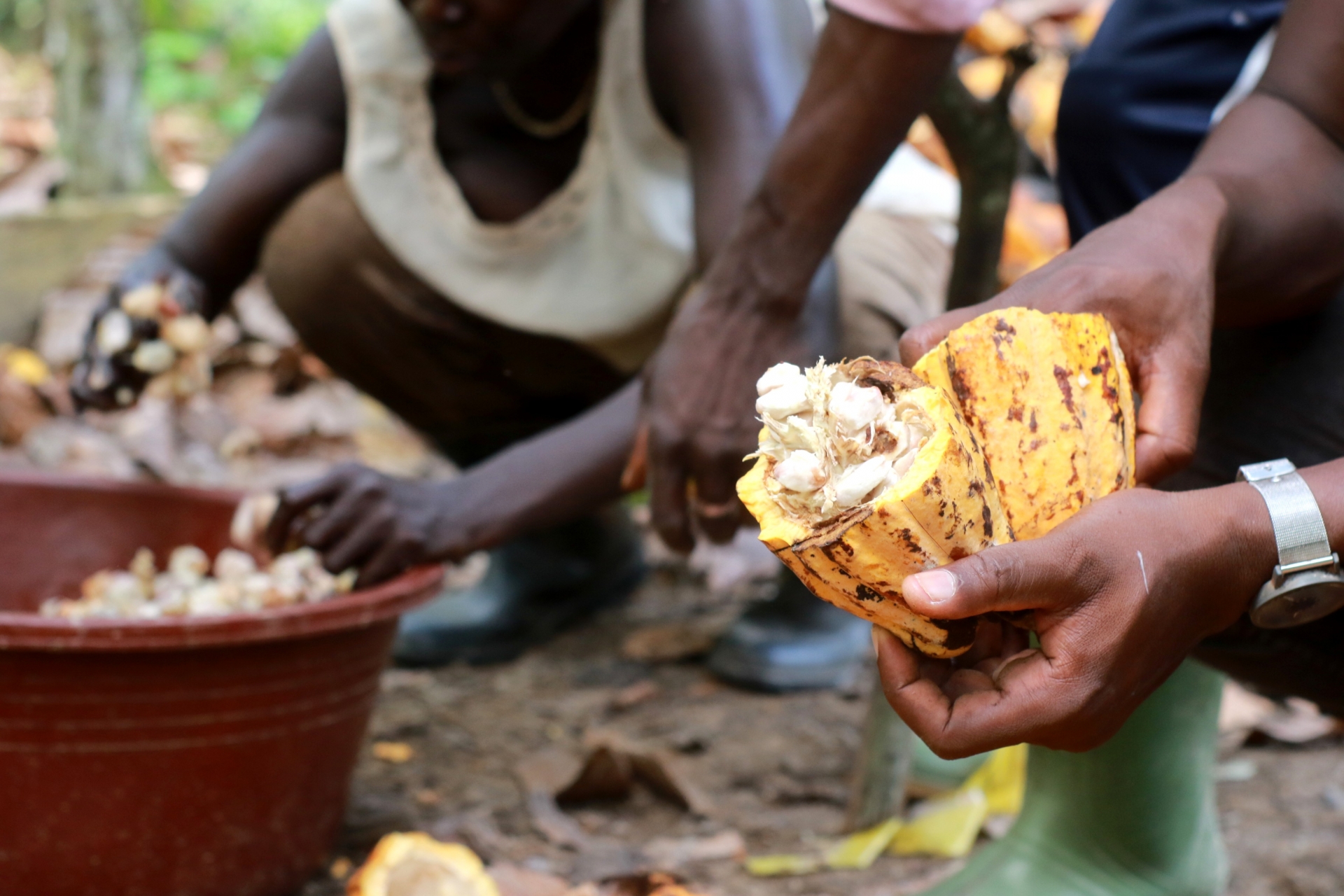
Limit the technical risks of transition through experimental co-construction
This project aims to develop innovative strategies to reduce the risks of producers entering into a transition from conventional cocoa production to organic cocoa production. The experiments target the following themes:
Agronomic:
Identify and activate the technical levers for organic cocoa production in Côte d'Ivoire in order to ensure the agro-ecological transition of cropping systems less dependent on forest resources and phytosanitary products.
Environmental:
Propose a systemic model of sustainable and profitable cultivation for organic cocoa in Côte d'Ivoire without deforestation
Quality:
Activate the technical levers of post-harvest production and selection of varieties and terroirs with a view to organoleptic differentiation to diversify the supply of fine cocoas from Côte d'Ivoire
Traceability:
Contribute to the development of a supply chain traced to the plot
Territorial-Social:
Validate the feasibility of organic cocoa farming as a prototype of agro-forestry arboriculture, a showcase of the agro-ecological transition of the Ivorian production system (historically based on the exploitation of "forest rent")
Our desire is to create a first level of technical support service for organic, competent at the sub-regional level
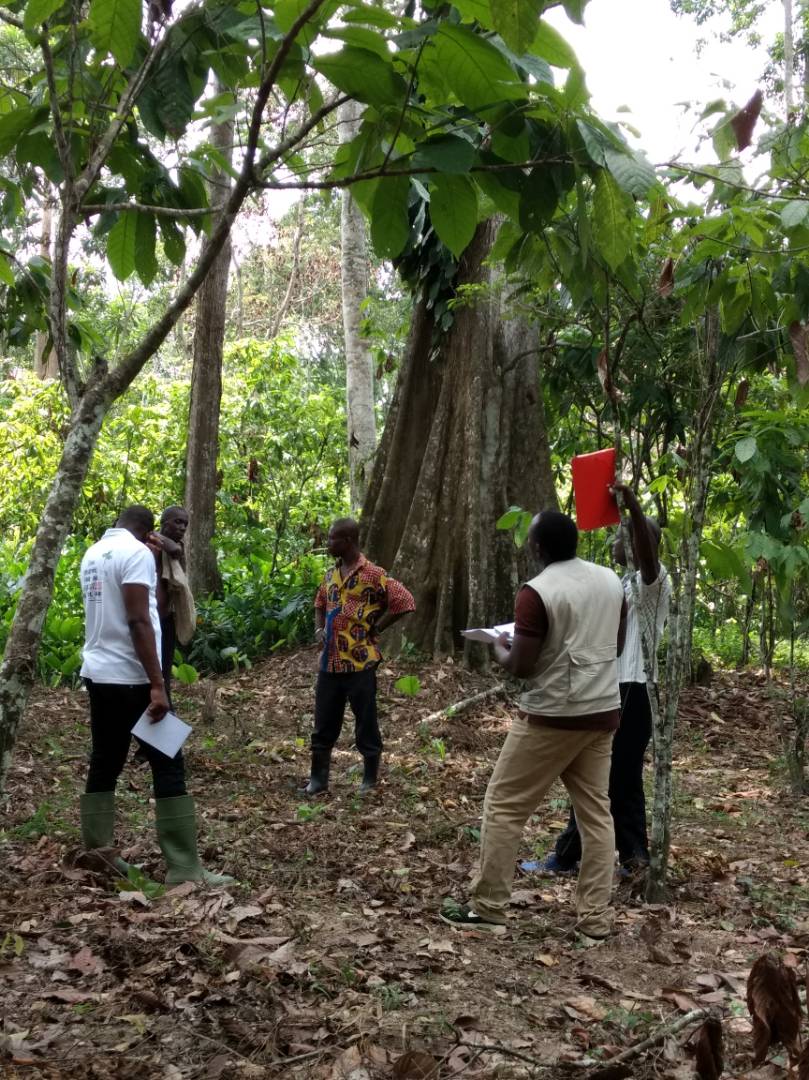
Federate networks of cocoa orchards to innovate and respond to the market
An experimental network for the transition to agro-ecological practices
Create effective technical support with an immediate impact in the orchard to support the transition to agro-ecological practices. This will involve conducting analytical tests using a participatory approach with the associated producers.
For example, with producers, the effectiveness of certified organic inputs delivered in the trade or produced locally by producers will be tested to fight against the main phytosanitary pressures of cocoa trees in Côte d'Ivoire (alternatives to insecticides and fungicides chemicals) or improve the fertility of orchards (improvement of production in orchards in transition and support for the renewal of plant material in aging plantations).
An experimental agroforestry network
Support the reintroduction of trees in cocoa orchards to support an agroforestry transition. The analytical tests will integrate a strong transfer capacity (translation of the results into agricultural advice).
The 2 networks, agro-ecological and agroforestry, will ultimately allow the co-construction of technical, economic and social references for the ecologically intensive production of cocoa in the Côte d'Ivoire
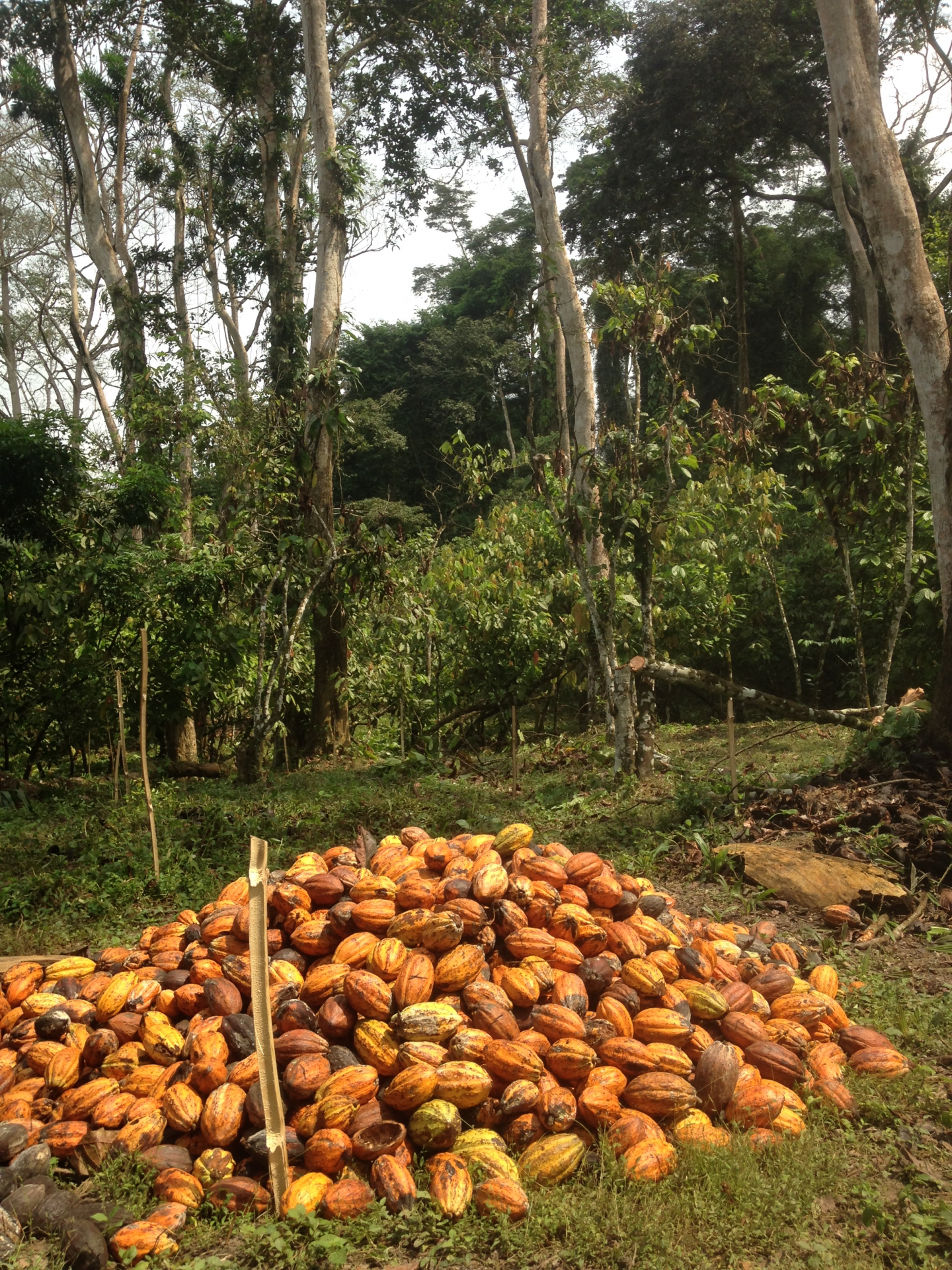
Webinar: "Towards sustainable cocoa: opportunities and challenges of a complex value chain" - N ° 4
Related people
Noémie Rullier
Holder of an Engineering diploma in Agronomy, specializing in Sustainable agricultural & Agri-Food systems for the South, from Montpellier SupAgro- Institut des Régions Chaudes (IRC), she brings her expertise to support technical changes and development processes in rural area; to support farm advisory, training engineering and plant biology research
See moreKouadio Ange François Konan
Holder of a BTS in Tropical Agriculture and Plant Production, Ange held various positions of agricultural adviser and technician (Nestlé R & D) before joining Nitidæ Côte d'Ivoire in April 2018. He brings his expertise in the production of organic cocoa and in the frame of the producers of the REDD + Project of the Mé and CERTIBIO
See moreRolande Kouassi Ettien
A botanist by training, Rolande holds a Master 2 in Plant Systematics, Ecology and Biodiversity. She joined the Nitidae team in 2018 and mainly brings her expertise in the areas of agroforestry (SAF cocoa trees, floristic inventories, ecosystem services, etc.), organic agriculture and fair trade (cocoa certification reference EOS, FFL label, documentary review and audit). After holding the position of Agro-Botanist within the Mé REDD+ Project, she is now in charge of coordinating the activities carried out by Nitidæ within the Cocoa4Future and Terri4Sol projects.
See more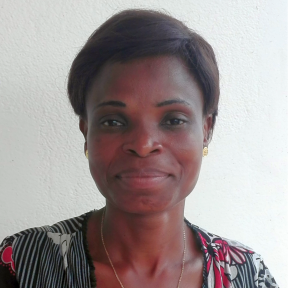
Adjo Clarisse Kouakou
Holds a Master 2 in Economic Development Administration and a Master's degree in Economic Sciences and Development option Public Economics obtained at Alassane Ouattara University. She is currently working in Côte d'Ivoire on the agricultural component of the REDD + Project of the Mé as an Agricultural Trainer Advisor. It mainly brings its expertise at the level of beneficiary management to the establishment of cropping systems to increase value added per hectare
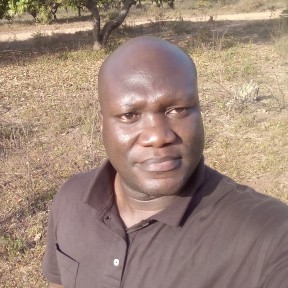
Ulrich Allé
PhD in hydrology from the University Abomey-Calavi (Benin), with experience in agroclimatic modeling and the creation of community areas of biodiversity conservation, he brings his expertise in agroclimatology in the framework of the development of a crop forecasting model applied to cashew trees in Ivory Coast
Cédric Rabany
Holder of a Master of Science, "Agricultural Engineer and territories development" from the Institut Supérieur d’Agriculture (ISARA Lyon), he brings his expertise in agro-food/agricultural sectors' analysis and development, strengthening of supplychain actors (producers, private/public actors, agro-food industries...), socio-economic analysis of agricultural chains and his great knowledge of companies in these markets
See moreBenjamin Garnier
Agricultural Engineer, specialised in "quality of the environment and resources management", from the French National School of Agricultural Science and Engineering of Toulouse (INP ENSAT). He brings his expertise in feasibility studies for investment funds, agricultural markets studies and analysis of value chains
See more
